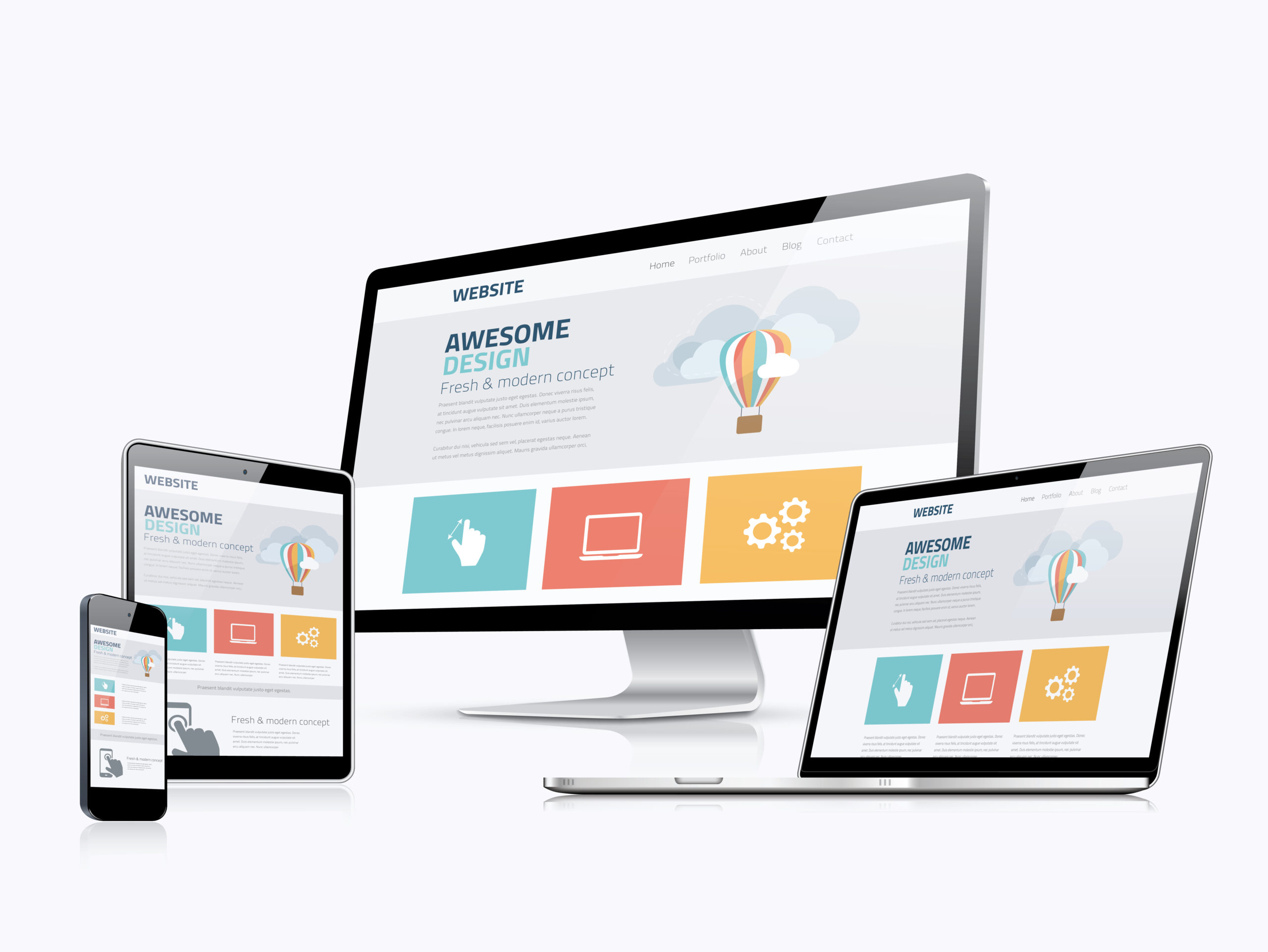Remember that scene in Terminator where Arnold Schwarzenegger utters the iconic line, “Come with me if you want to live”? Well, today’s generative AI may be more JARVIS than Terminator, but it is here to stay. Since ChatGPT came on the scene in 2022, AI has begun to alter the way we approach customer engagement and deliverables.
But that doesn’t mean we shouldn’t be careful. AI, like all new technologies, comes with drawbacks and vulnerabilities, and when you see the world through rose-colored glasses, red flags are just flags. Effectively rolling out AI means viewing the technology as a tool – not a magic trick. Let’s explore some pros and cons of adding AI marketing tools to your strategy.
Superpowered Marketing
- Productivity Gains: The world today is more interconnected than ever – and that means more competition. Any gains in productivity are meaningful. According to a study from the Harvard Business School’s Fabrizio Dell’Acqua, employees who use AI to augment their work can see 40% gains in productivity. Of course, that comes with some caveats – namely, that the people using AI are doing so effectively and are only using it to supplement their work, not replace it.
- Content Creation on Steroids: Writer’s block? AI can help! While this technology isn’t capable of replacing an authentic digital marketing strategy and human experience, it can help! AI helps writers and social media managers generate content outlines, craft descriptions, and provides a kick-off point for idea generation. Think of it as a marketing intern – its work isn’t perfect, but it’s definitely helpful!
- Predictive Analytics: AI’s data analysis is typically considered one of its best capabilities. It can analyze historical data and find trends to predict future customer behavior and purchasing patterns. This allows you to tailor your marketing campaigns to anticipate customer needs, optimize ad targeting, and, ultimately, stay ahead of the competition. It’s like having a crystal ball for your marketing strategy – except without the cheesy fortune teller.
The Flip Side of the Coin: Potential Disadvantages
- The Black Box Problem: Sometimes, the AI models can feel like a magic trick – you feed it data, and it spits out results, but the reasoning behind those results isn’t exactly clear. This lack of transparency can be concerning, especially when dealing with proprietary information, sensitive customer data, or making important marketing decisions.
- Ethical Concerns: The use of AI marketing tools raises ethical questions surrounding data privacy and potential bias. These aren’t new concerns – they’ve been a problem since the algorithm gods began to take over. AI, however, is bringing it back into the spotlight. It’s crucial to ensure your company uses responsible data collection, has guidelines surrounding client information, and is mindful of the potential biases that can contribute to discriminatory marketing practices.
- Job Displacement Fears: As AI automates many marketing tasks, some fear job displacement. However, it’s important to remember that AI is here to augment human capabilities, not replace them. The focus should shift towards developing a human-AI partnership, where humans use AI tools to work smarter, not harder.
Whether Friend or Foe, It’s Here to Stay
Despite the potential drawbacks, the advantages of AI marketing are undeniable. Perhaps most importantly, AI is infiltrating every aspect of business across verticals, and it’s only going to continue. At this point, avoiding AI means being left behind.
However, navigating AI can be complex. It’s not hyperbole to say there are already millions of AI tools available. At beMarketing, we offer comprehensive digital marketing services. Contact us today to discuss how we can help you unlock the full potential of AI as part of your marketing strategy.













